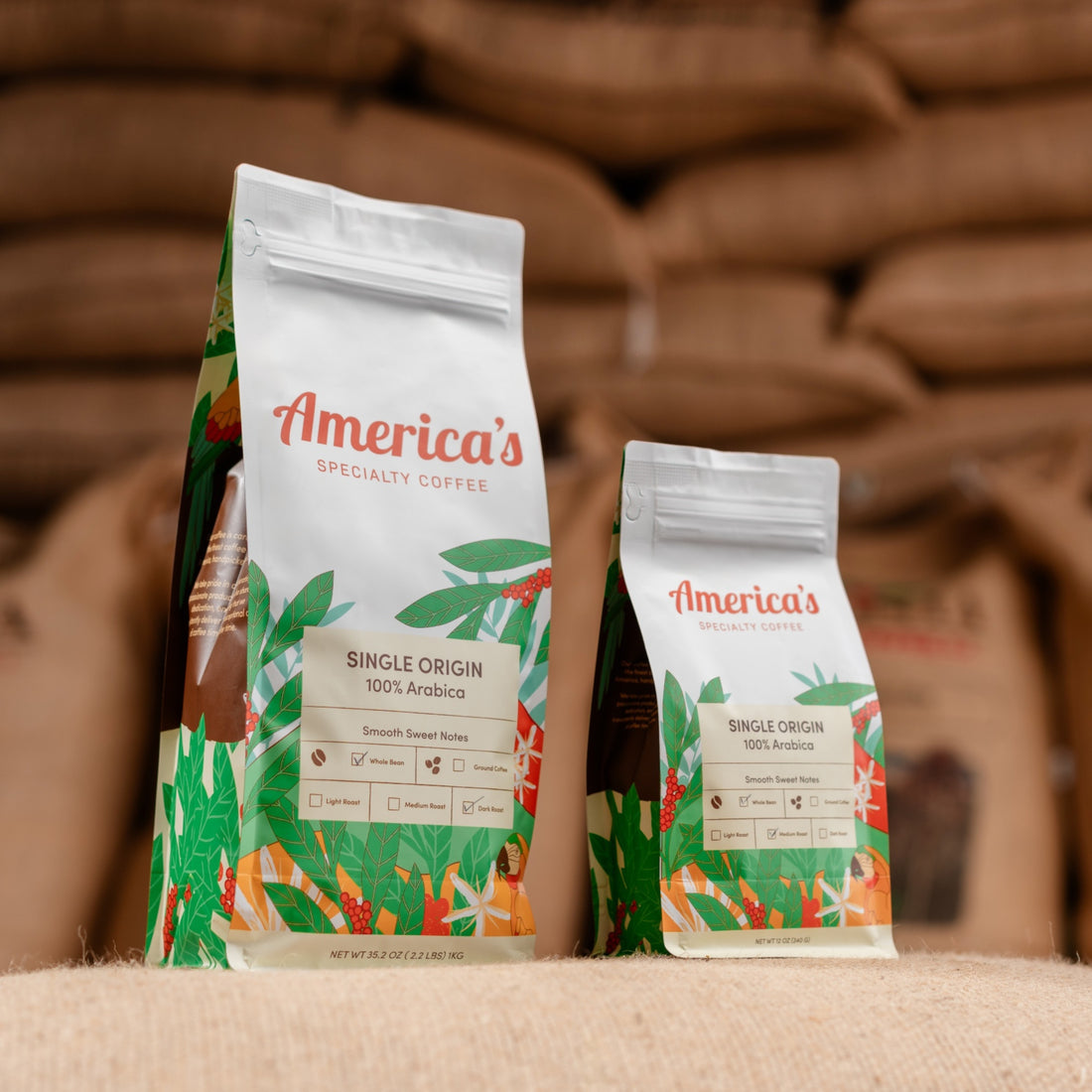In recent years, private labels have emerged as a significant trend in the coffee roasting industry, revolutionizing how consumers perceive and purchase their favorite brews. Private labels are products manufactured by one company but sold under the brand name of a retailer company. This strategy offers a myriad of benefits to both consumers and retailers, making it a win-win situation for all parties involved.
For consumers, private labels provide a unique opportunity to access high-quality coffee products at competitive prices. By cutting out the middleman and sourcing directly from the manufacturer, retailers can offer premium coffee blends at a fraction of the cost of well-known brands. This not only translates to cost savings for consumers but also ensures that they are getting a great product that meets their expectations.
Moreover, private labels allow retailers to differentiate themselves in a crowded market and build brand loyalty among their customers. By offering exclusive coffee blends that cannot be found elsewhere, retailers can attract a niche audience of coffee enthusiasts who value quality and authenticity. This targeted approach enables retailers to cater to specific consumer preferences and create a loyal customer following.

According to the CBI (Centre for the Promotion of Imports from Developing Countries), private labels in coffee have become more popular recently, for example, in Europe private labels have replaced several household coffee brands. Market research studies show the growing popularity of private labels over the past decade, with a significant uptick in consumer demand for unique and premium blends. This trend underscores the shifting preferences of modern consumers increasingly seeking personalized and exclusive coffee experiences.
Research suggests that younger consumers are more open to trying private-label coffee due to their cost-consciousness and willingness to experiment with different brands. Another reason might be that private-label coffee products are often priced lower than branded options, making them an attractive choice for budget-conscious consumers.
Despite their lower price point, private-label coffees can still deliver high quality and unique flavor profiles, providing consumers with a cost-effective alternative to branded options. When retailers or coffee companies develop their private-label coffee products, they often have more control over the sourcing process compared to branded options. This can lead to direct relationships with coffee farmers and cooperatives, enabling them to ensure quality, traceability, and fair pricing for producers.
In terms of sustainability, private labels enable companies to implement their own sourcing standards and certifications to promote ethical and environmentally friendly practices within the supply chain. By working closely with coffee farmers and investing in sustainable farming methods, private labels can contribute to the long-term viability of coffee production and support initiatives such as organic farming, fair trade, and biodiversity conservation.
You might also like How can private label roasting drive sustainability?
Nicavio proudly offers a comprehensive private-label service directly from Origin for retailers looking to elevate their coffee offerings. With a focus on premium quality and tailored techniques, Nicavio works closely with clients to develop custom coffee blends that meet their needs and preferences connecting them directly to producers. Whether it's a washed, honey process, or anything in between, Nicavio's expertise in green and roasted coffee ensures that retailers can deliver a superior product that resonates with their target audience.


